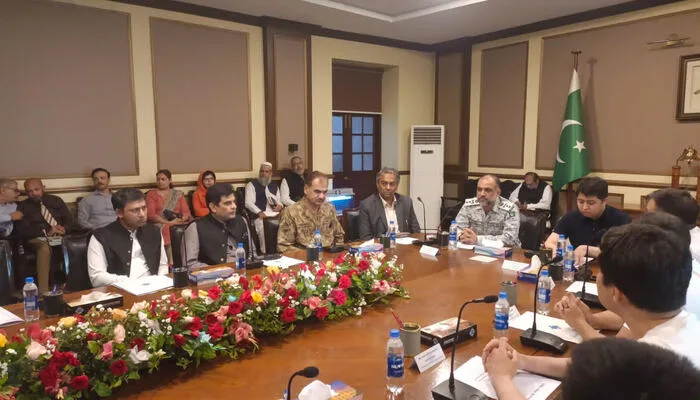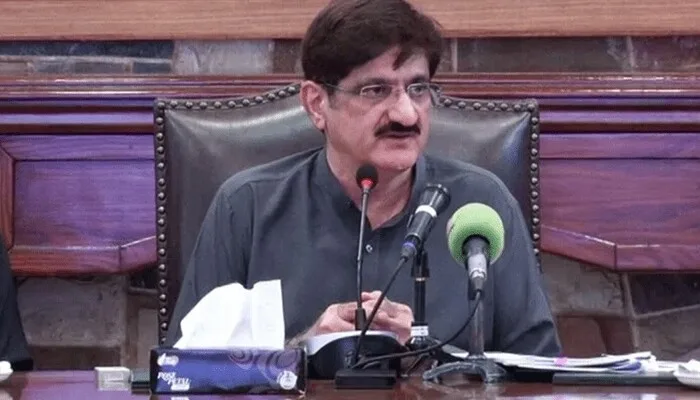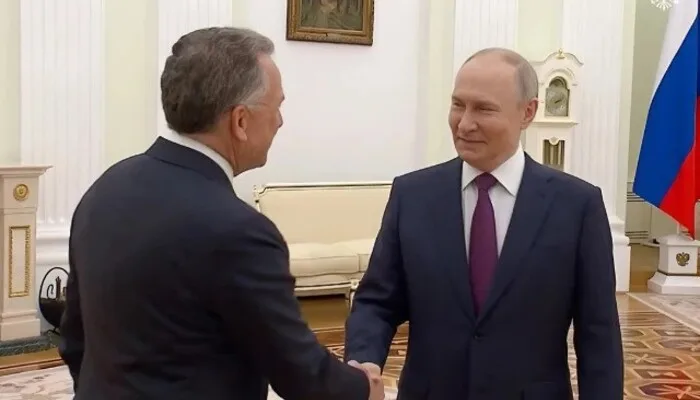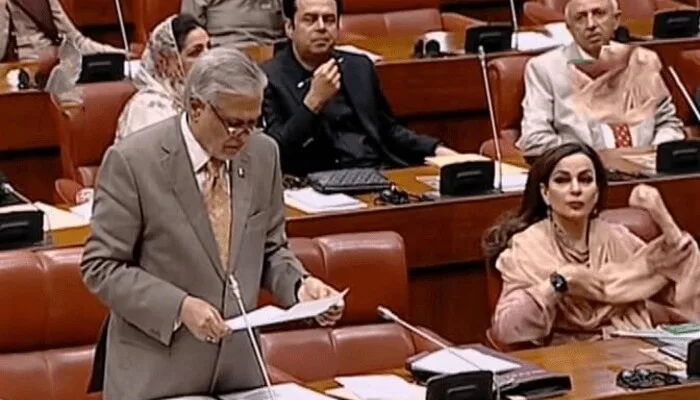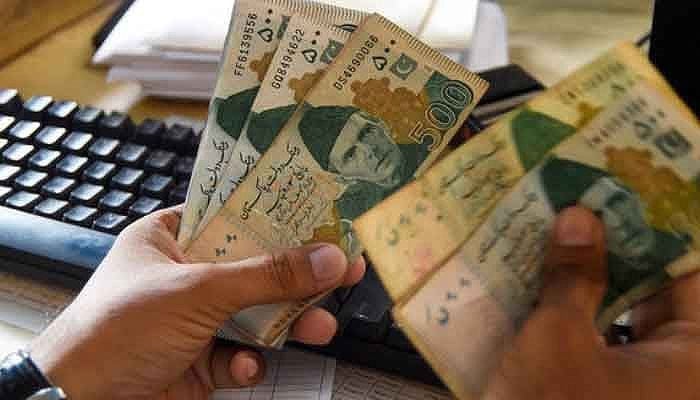
The government is considering easing the income tax burden on salaried individuals earning up to Rs100,000 per month, according to sources within the finance ministry. Prime Minister Shehbaz Sharif has tasked his finance team with exploring various options to provide this relief.
This development comes as the Pakistan Muslim League-Nawaz (PML-N)-led coalition government faces mounting pressure from the public. The ongoing sit-in by Jamaat-e-Islami (JI) in Rawalpindi against inflated electricity bills and high taxes has added to this pressure. Addressing the federal cabinet meeting earlier today, Prime Minister Shehbaz Sharif emphasized that the government’s agenda is to reduce electricity bills and provide relief to the masses. He stressed, however, that the issue should not be politicized.
Proposed Tax Relief and Financial Strategies
Sources told that the coalition government is evaluating different options to reduce direct taxes for salaried individuals earning up to Rs100,000 per month. The proposed relief could amount to Rs40 billion for the low-income group. Officials are considering diverting funds from the development budget to provide this relief.
The International Monetary Fund (IMF) will also be taken into confidence over the proposed tax relief. This move is part of the government’s broader strategy to manage the country’s economic challenges while ensuring support for the salaried class.
Read More: Experts Explain High Electricity Prices in Pakistan
Budget Challenges and Inflation Trends
The National Assembly passed the national budget on June 28, setting a challenging tax revenue target of Rs13 trillion ($46.66 billion) for the fiscal year starting July 1. This target represents an approximately 40% increase from the previous year, aimed at strengthening the case for a new rescue deal with the IMF.
The increase in the tax target includes a 48% rise in direct taxes and a 35% hike in indirect taxes over revised estimates from the previous year. Non-tax revenue, including petroleum levies, is expected to rise by 64%. Specific tax increases include an 18% tax on textile and leather products as well as mobile phones, and higher taxes on capital gains from real estate. Additionally, workers will face more direct taxes on their income.
Despite these tax hikes, the Consumer Price Index (CPI)-based inflation was recorded at 11.1% year-on-year in July 2024, down from 12.6% in June 2024 and 28.3% in July 2023, according to data released by the Pakistan Bureau of Statistics (PBS) on Thursday.
This tax relief proposal is seen as a crucial step to ease the financial burden on the salaried class and address public discontent over high taxes and inflated electricity bills. The government’s willingness to take the IMF into confidence highlights the careful balancing act required to manage international financial obligations while providing domestic relief. The coming weeks will be critical as the government finalizes its strategies and communicates its plans to both domestic and international stakeholders.
Also Read: Thousands Mourn Hamas Leader Ismail Haniyeh at Funeral Prayer



